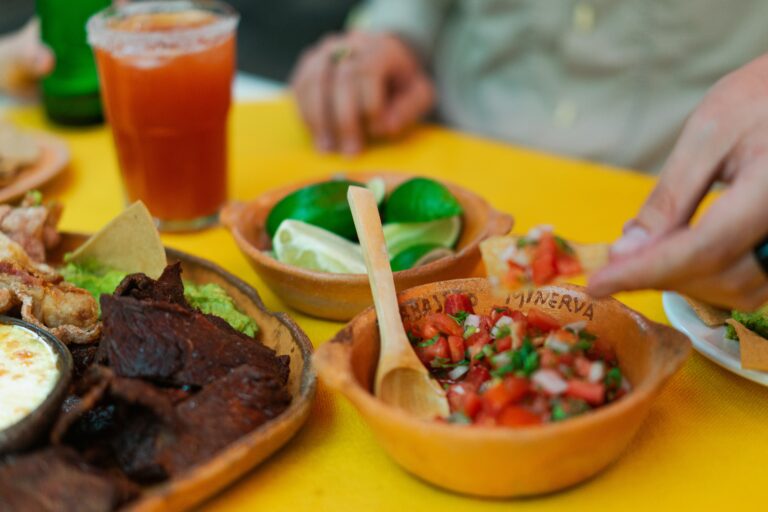A healthy gut contains a large number of “friendly” bacteria, which your body requires in order to maintain balanced, healthy digestion. Dysbiosis occurs when the normal flora of microorganisms becomes disrupted and the gut is no longer able to perform its normal function; leading to inflammation, malabsorption and increased toxicity.

There are a variety of things which can cause dysbiosis; poor diet (high in sugar and low in fibre), medication (corticosteroids, non-steroidal anti-inflammatory) and even chronic stress.
However, the most common cause is repeated broad-spectrum antibiotic use. Antibiotics are able to eliminate infectious bacteria in the body, however in doing so healthy bacteria such as Lactobacillus acidophilus and Bifidobacteria are also eliminated.
With repeated use, it becomes increasingly more difficult for your body to maintain a balanced microflora making it easier for opportunistic infections to occur.
Common Dysbiosis Symptoms & Associated Conditions:
- Digestive symptoms: Bloating, constipation, diarrhoea, flatulence, gastroenteritis.
- Fatigue.
- Skin conditions.
- Arthritic pain.
- Vitamin deficiency.
- Autoimmune conditions.
- Asthma.
- Food and environmental sensitivities.
Dietary Recommendations for Dysbiosis:
Diet plays a critical role in the microbiological makeup of the intestinal microflora. For a healthy gut microbiome, follow these dietary recommendations:
- Increase fibre intake by having plenty of fruits and vegetables, oatmeal, beans.
- Eat fermented foods: Yogurt, Sauerkraut, Kimchi, Kefir, Tempeh.
- Consume foods rich in polyphenols: dark chocolate, green tea, onions, blueberries, almonds.
- Prioritise healthy fats from olive oil, avocados and nuts.
- Avoid processed foods, refined sugars and saturated fats.
- Limit red meat.
- Take a probiotic supplement: can be necessary to replenish the natural microflora required for healthy digestion as well as to prevent the growth and attachment of unwanted microorganisms in the gut.
| Sugars | Fruits & Juices | Vegetables & Juice |
| Cane sugar (white, turbinado) Corn sugar (“Cerelose”, dextrose, “Dyno”) Corn Syrup (“Cartose”, glucose, “Sweetose”) Alcohol | Grape (all varieties) – Wine Grapefruit (all varieties) and Grapefruit Juice Orange (all varieties) and Orange juice Potatoes without the skin | Corn & Corn Products Almonds Brazil nuts Butternut Cashew Macadamia nut Peanut Pecan Pistachio Sunflower seeds Walnut |
| Animal Products | Fish | Miscellaneous |
| Cheese (Goats cheese ok) Cow’s milk Red Meat Pork Fatty cuts | Mackerel Swordfish Bass Halibut Lobster Trout (sea or lake) Tuna (canned or fresh) Cod Crab Monkfish Perch Skate Snapper | Alcoholic beverages Manufactured Sweeteners (Aspartame, Splenda) Artificial additives (colours, flavours) Chocolate Cocoa Cocoa butter Coffee Canola Oil Fried Foods Hops (alcohol) – Beer Hydrogenated Oils Grains Wheat White rice |

